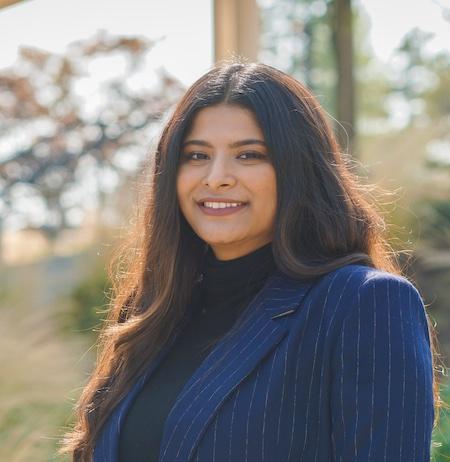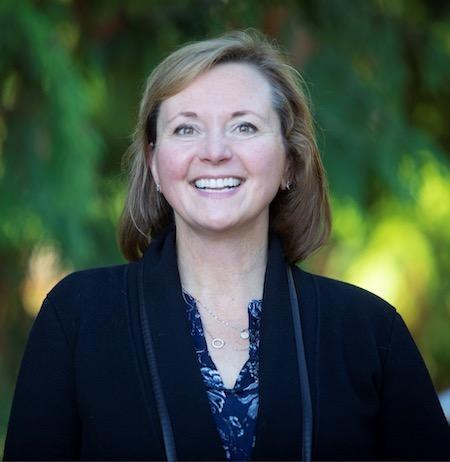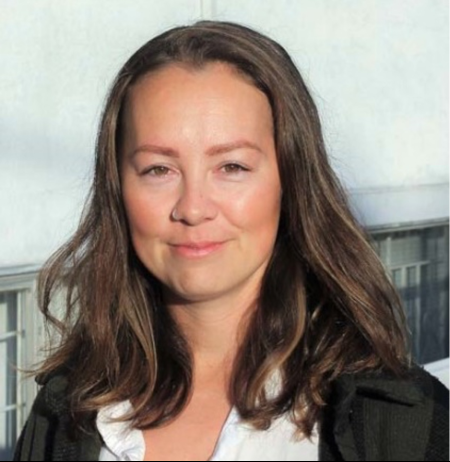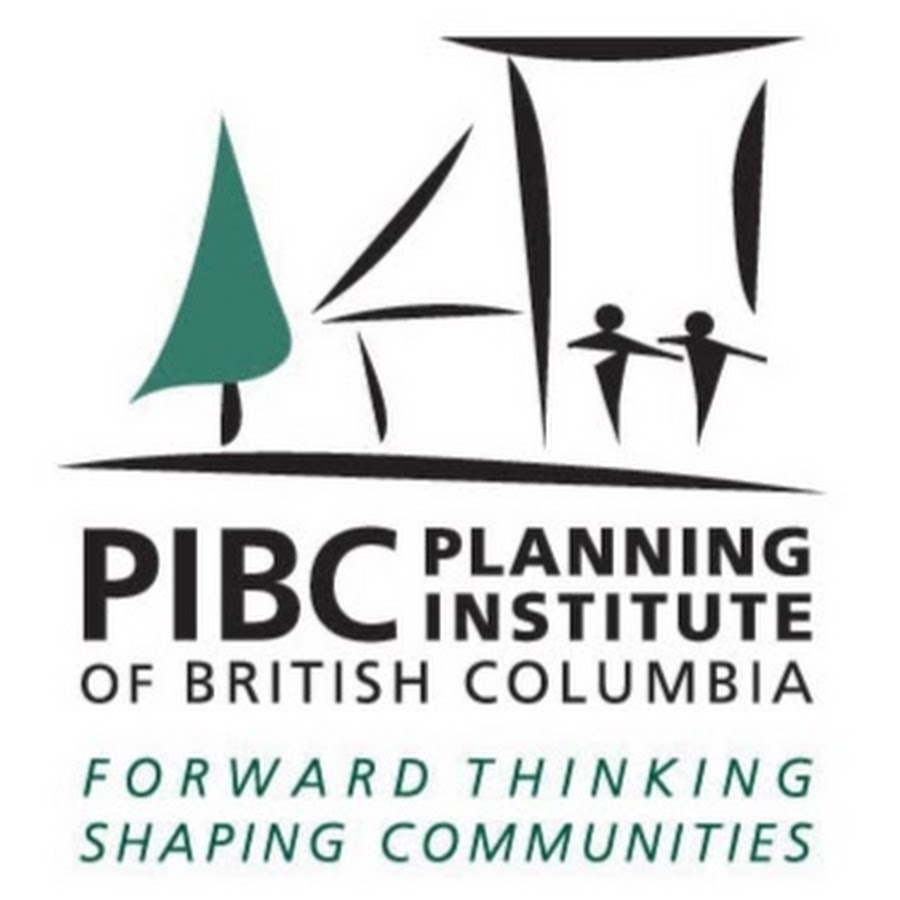Scroll down for current highlights on the range of work and interests of featured faculty and students at VIU Master of Community Planning. For more information on VIU, its planning program, students & faculty, visit https://socialsciences.viu.ca/mcp.

In many ways I feel like I came to planning by chance. I didn’t know it was a career or profession until an undergraduate advisor suggested that graduate school in planning was an option! Learning about communities and places and how they function, and the role of the planner in that process and outcome was life changing. Good planning explained so much about the places I loved.
After graduating from planning school I started my career in regional planning in Nanaimo. 23 years later I’m the Director of Planning for the District of Saanich. I love working as planner because to me it is all about problem solving and strategy. We get to think long term and work towards a desired end with the community, developers and Council.
I come to teaching planning as a hybrid practitioner/academic. My current research is about the subject formation of planners in Canadian graduate education. I try to blend my experience from the trenches of planning with theorization about planning in my teaching. I focus on the practical, but always encourage students to think deeply about why we plan, who we plan with and to be mindful of power and how we as planners access and wield it.
Now that I’ve invested years into my practice of planning, I can’t imagine doing anything else. I came to the profession to make a difference in the world. And every day I turn off my computer and leave the office satisfied that in some small way I’m doing that.

As someone who walks the streets questioning how despite all the manmade madness that is created in the name of development, I saw that the true character evolution relied on the movement created by all things that could breathe. I was drawn to planning to strategically envision communities and their interface with an international lens of what works for the context in terms of character that creates this urban regeneration in the world of globalisation.
I consider myself an action taker who wishes to participate in the decision making to define the “right space” for everyone woven into the urban fabric of today’s mosaic of cultures that makeup the larger context of interdependency.
The ringing theme of the decade of climate change that keeps me up some nights, inspires me to envision the tangible possibility of our communities as sustainable havens through utopian lenses of renewable systems that are interdependent. This was very much the way of living in the past that our grandparents lived.
As the future of planning is challenged by the surging AI dependency, it is crucial to navigate the balance between effectiveness and the human element. It relies on the ethical dilemma to avoid societal impacts while it also acts as a powerful tool to trigger ideas.
I’m currently reading for Master of Community Planning at Vancouver Island University that enables me to explore all avenues of planning. The flexible nature of the program allowed me to understand the complexities of the built environment while enabling me to understand how it interconnects with my architecture background and as a green building enthusiast holding LEED AP (BD+C). My fundamental focus is on delivering social and ecological sustainability that are at the forefront of creating a sense of space in this rapidly urbanising world.
The core diversity in background within the MCP classroom creates a unique room full of strong future planners with diverse planning interests. The instrumental conversations in the safe and brain-teasing environment allows exchange ideas and grow everyday academically and professionally simultaneously. Notably, the engagement opportunities with local governments allowed me to employ my graphic skills while facilitate public engagement events learning about how planning carries to the end users while still being a planning student.
I constantly questioned the definition of homebase, only to realise that the cumulative thought process fractioned together multiple tiers of socio-economic colonies I was raised through. It highly influenced me to pursue planning with the understanding that spaces that coheres human interaction organically form through communication that allows people to fit in while sticking out.

What makes you passionate about planning?
As planners, we truly have the opportunity to make positive change happen in the world. We may not always be financing it - developers often hold this role - but we can be part of creating places that work for people, wildlife, and the future. There is no life like it! I am grateful that I found this profession a few decades ago and am delighted that every day still brings new experiences and opportunities.
Tell us about a project you are working on and why it excites you.
VIU and the MCP Program are working with the IISAAK OLAM Foundation to roll out a new Advanced Certificate in Indigenous Protected and Conserved Areas Planning. This is an amazing opportunity to be part of the "30 by 2030" initiative supported by the United Nations and the federal government. The first cohort starts in September with a deep, interactive experience on the west coast of Vancouver Island. Check out the website at viu.ca/ipca for all the details.
What do you think the most important challenge will be for planners in the future?
The most important challenge for planners in the future is the need to fully integrate equity, justice, inclusion, and diversity into all we do. Planners must be much more aware and engaged than ever before in creating plans, regulations, policies, and initiatives that work for all, not just for the powerholders.
What are you most excited about at your planning school?
I am delighted that we now have over 100 alumni out in the world, that we have amazing partnerships with the local planning community, and that our students continue to have a range of opportunities to get involved in "real life" experiences with First Nation communities and local governments in the mid-Island area. The future looks bright!
Please tell us about a place or plan that has been influential to you.
With the advent of the pandemic the place that has influenced me the most are the park spaces/natural areas that surround us here on the Island. Getting out into nature is both healing and inspiring.

What makes you passionate about planning?
Planning is an opportunity to think about the future we want and to be hopeful about what our world can look like. The more I learn about our natural and built environments, it makes more and more curious about the complexity and the opportunities around us and this makes me passionate about the world around us and planning for it.
Tell us about a project you are working on and why it excites you.
A project that I am currently working on is my thesis, where I am exploring climate change adaptation. Climate change is a pressing issue and the need to plan for adapting to a climate variability is becoming more and more evident. This topic excites me because it makes the case for action on climate change more concrete and begins the discussion about how we can improve the resilience of our communities and best take care of each other.
What do you think the most important challenge will be for planners in the future?
Looking forward to the future, a significant challenge that planners will have to contend with is figuring out how to galvanize the public to support changes and shifts in what we prioritize in our communities. Whether we are discussing housing density, multi-modal transportation, or climate change, I think there is a lot of work needed to garner understanding and support of communities that are less focused on the automobile and single-family home and more focused on the benefits of change.
What are you most excited about at your planning school?
In the planning program here at VIU there are such amazing people, and what excites me most about the program is the opportunity to meet and engage with such a wide variety of interesting and talented individuals that inspire. We have so many opportunities to participate in exciting projects and events and to learn about the world of planning, and it is the people that enliven this experience.
Tell us about a place or plan that has been influential to you.
A place that has been influential for me is the City of North Vancouver where I grew up. Having such amazing access to nature and outdoor recreation fostered a great appreciation for all the opportunities and value that spending time outside brings. I have become an avid mountain biker, hiker and trail runner and my mental health has greatly benefitted from begin able to recharge in the forest. Parks, trails, and greenspaces have large a beneficial impact on the livability of our communities.




